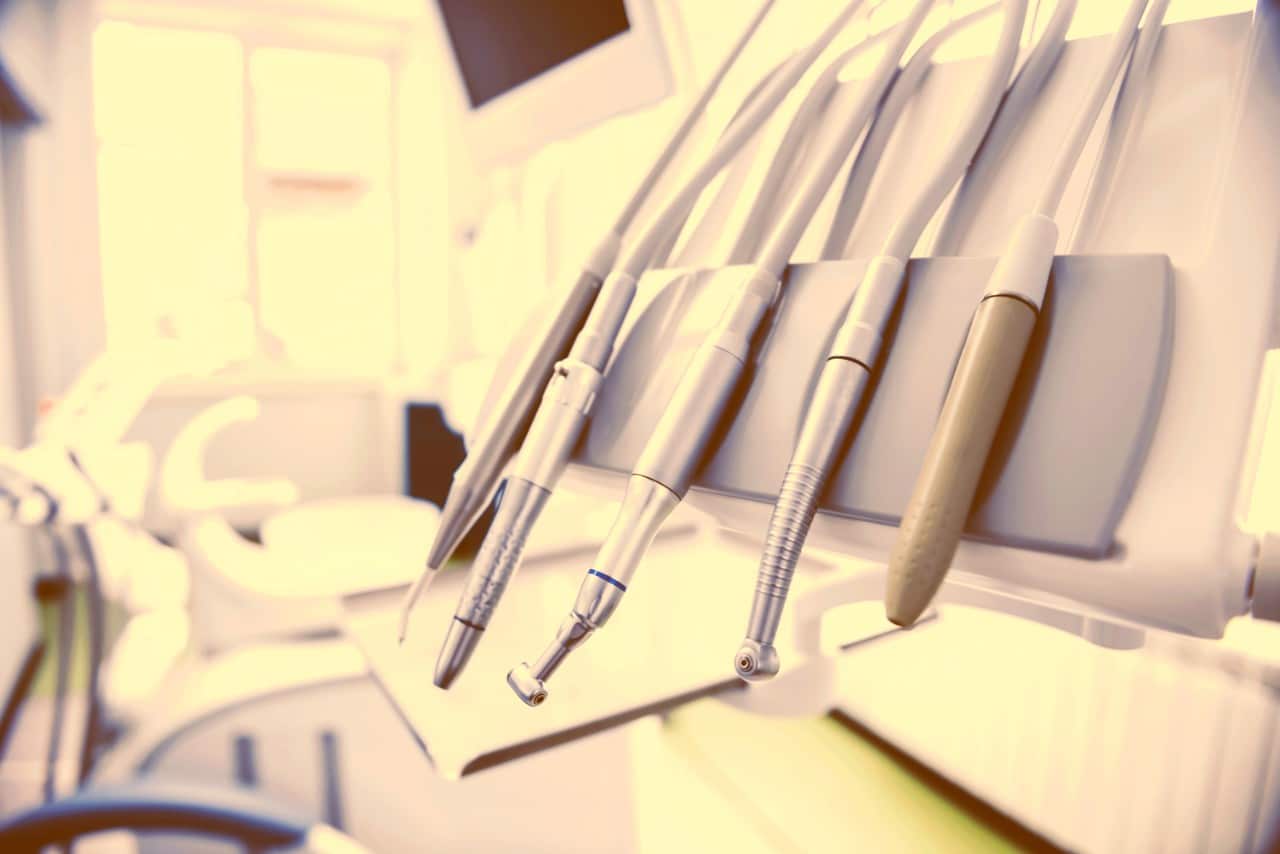If you’re not sure what the difference is between a dentist and an oral surgeon, you’re not alone. Studies show that most people tend to use the two terms interchangeably. Although dentists and oral surgeons may seem to do the same things, there are a few key differences between the two, some of which include education level, expertise, and overall training. These differences can be significant when it comes down to who is better equipped to handle your unique dental problem.
What Does a General Dentist Do?
For the most part, you could think of a general dentist as the first line of defense when it comes to safeguarding your oral health. After all, these are the practitioners that you see for preventative care, which include routine cleanings, x-rays, and oral screenings. Ideally, it would be in your best interest to schedule a routine dental checkup every 6 to 12 months, as this allows your dentist to inspect and, if necessary, treat small dental problems before they become serious. During these checkups, your general dentist will likely be looking for cavities and early signs of periodontal disease. Along with preventative care, most dentists are capable of performing the following dental procedures:
- Fillings
- Crowns
- Dentures
- Dental bridges
- Cleanings
- Exams
- Basic tooth extractions
Education Required to Become a General Dentist
According to study.com, the largest and most extensive website for education seekers, to become a dentist, an individual needs to earn a bachelor’s degree before going on to take the Dental Admissions Test, a multiple-choice standardized exam taken by potential dental school students. From there, they will need to attend dental school, which can last anywhere from 3 to 4 years. During this time, they will take courses in anatomy, physiology, pharmacology, pathology, and oral health. After completing all of the necessary coursework and passing a licensing exam, these same individuals will be awarded a DDS (Doctor of Dental Surgery) or DMD (Doctor of Dental Medicine) degree. Many general dentists then go on to learn advanced disciplines and treatments, enabling them to perform advanced cosmetic procedures and even blur the line between dentist and oral surgeon.
What Does an Oral Surgeon Do?
Also so known as an oral and maxillofacial surgeon, oral surgeons are dental practitioners that have received the same initial training as a dentist and have earned either their DMD or DDS degree; dental students who are interested in pursuing this dental specialty will need to complete an additional 8 years of training that will enable them to complete more complex dental procedures. During this time, students will learn how to identify and treat dental problems that can affect a patient’s teeth, jaw, and oral cavity. Most oral surgeons can perform the following dental procedures:
- Complex tooth extractions
- Bone grafting
- Removal of oral tumors
- Wisdom teeth removal
- Treating facial and oral infections
- Facial trauma requiring reconstruction
- Treating jaw joint disorders
In most cases, it will be necessary to schedule an appointment with a general dentist before being seen by an oral surgeon. If your dental problem falls outside of their scope of expertise, they will then arrange a referral with an oral surgeon. Of course, it is worth noting that some dental offices, including Lakeway Cosmetic Dentistry, located in Austin, TX, offers many of the same services as most oral surgeons, such as implants, wisdom teeth removal, and TMJ treatments.
If you’re in Austin, Lakeway, or any of the surrounding areas and are struggling with dental problems, schedule an appointment with Lakeway Cosmetic Dentistry today. Dr. D’Alfonso is one of the few local dentists that has the training, experience, and expertise to perform advanced procedures and treatments that might normally be reserved for an oral surgeon. Enjoy the convenience of having all of your dental needs met under one roof, including onsite dental lab work!

